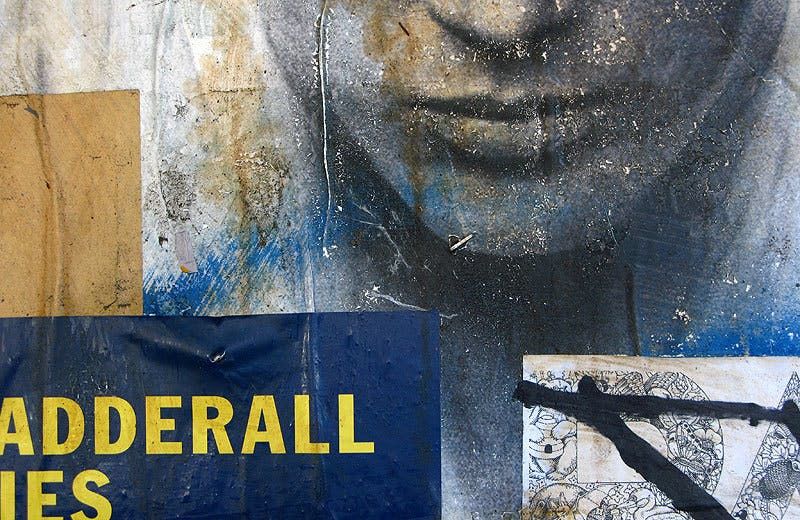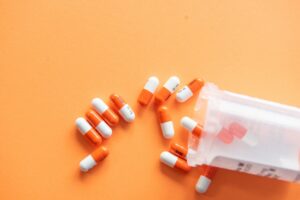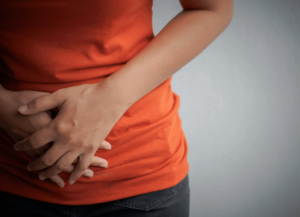Attention deficit hyperactivity disorder, or ADHD, is fraught with
distractibility and hyperactivity. Attention deficit disorder, or ADD,
has similar symptoms but without the hyperactivity. The Centers for
Disease Control and
Prevention reports these two
conditions cost $3.7 billion a year in lost work. Both are treated
medically with psychostimulants like Adderall, Ritalin and Concerta, but
they come with side effects including headaches, loss of appetite,
restlessness, agitation, dry mouth, constipation and insomnia, In some
cases, these drugs can cause heart palpitations and increase blood
pressure. They may also be habit forming.
How ADD/ADHD Affects the Brain
One of the key physiological issues with ADD/ADHD is the shortage of
dopamine in the brain. Dopamine is a chemical neurotransmitter utilized
in cognitive processes like attention, memory retention and focus.
Conditions like Parkinson’s disease, schizophrenia and restless leg
syndrome tie back to dopamine levels as well.
Why Cannabis May Work as an Alternative
Although there is not a lot of research to prove that medical marijuana
is a suitable alternative treatment, initial trials show that it is a
possibility. Current therapeutic treatments stimulate dopamine
production, improving attention in the process, but it comes at a cost
due to the potentially serious side effects. David Bearman, MD, a
pioneer in the field of administrative medicine and cannabinology,
suggests that the cannabinoids found in marijuana interact with the
brain’s dopamine management system by increasing the availability of the
neurotransmitter.
With ADHD, the brain becomes overwhelmed with information. If taken
correctly, medical marijuana could work therapeutically to correct the
dopamine balance. Cannabis and Ritalin have different mechanisms, but
produce very similar results.
Drugs like Ritalin bind with dopamine to prevent a breakdown of the
chemical, in a sense increasing the level available as well. The
cannabinoids found in cannabis could correct the dopamine deficiency by
increasing its availability when properly dosed. The effect is similar
to psychostimulants, but without unpleasant side effects.
Medical science is currently looking deeper for anecdotal evidence that
cannabis is an effective and safe treatment for ADD/ADHD, adding these
two conditions to the long list of benefits from the therapeutic use of
cannabis.






